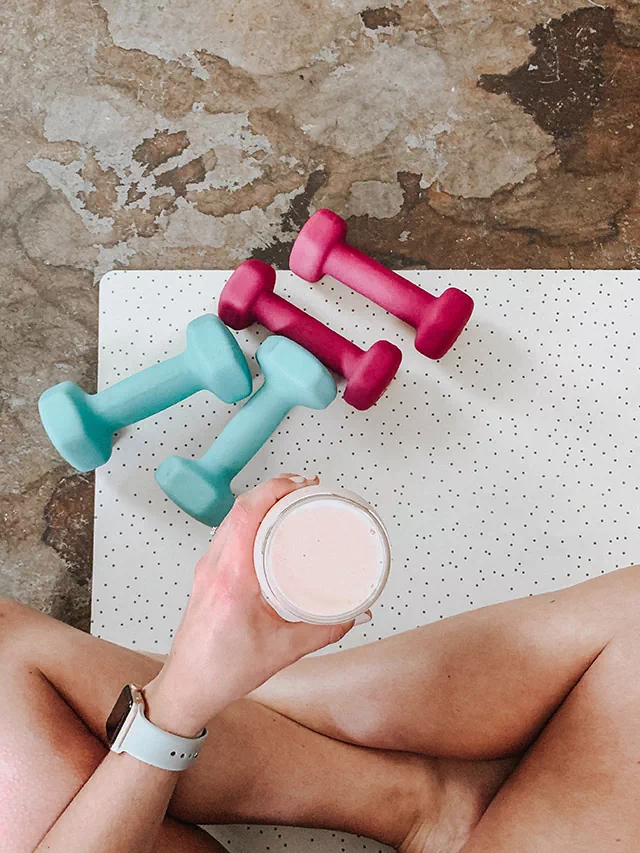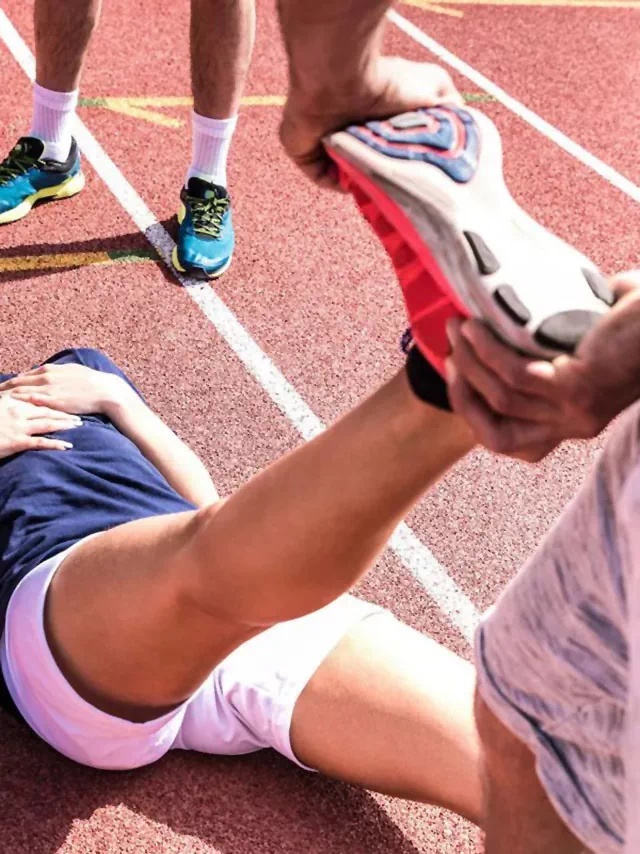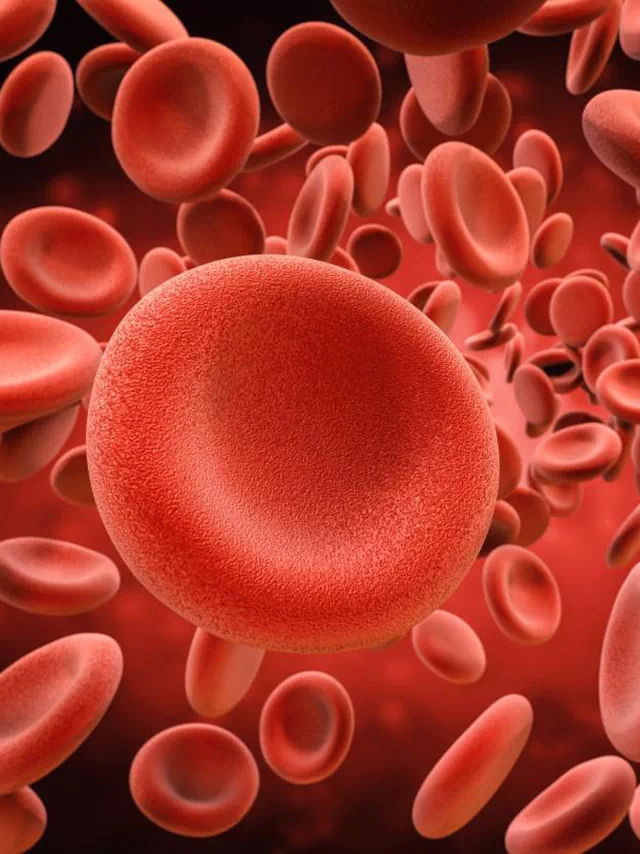Cramping is a common issue that many athletes face during and after exercise. It is often associated with dehydration and a loss of electrolytes, which are essential for muscle function. As a result, sports drinks have become a popular choice among athletes looking to prevent cramps.
Sports drinks are commonly marketed as a way to prevent muscle cramps during exercise, but do they actually work? The answer to this question is a bit complicated and depends on several factors.
The Science Behind Cramps
Cramping occurs when muscles contract involuntarily and do not relax. It can be caused by a variety of factors, including dehydration, a lack of electrolytes, and muscle fatigue. During exercise, the body sweats to regulate temperature and maintain hydration. However, sweating also leads to the loss of important electrolytes, such as sodium and potassium, which are essential for muscle function.
Do Sports Drinks Prevent Muscle Cramps?
Sports drinks are designed to replace fluids and electrolytes lost during exercise, which can help prevent dehydration and electrolyte imbalances. Some sports drinks also contain carbohydrates, which can provide a source of energy for the body during exercise.
While sports drinks can help prevent dehydration and electrolyte imbalances, there is little evidence to suggest that they can actually prevent muscle cramps. In fact, a review of several studies published in the British Journal of Sports Medicine found that sports drinks were no more effective at preventing muscle cramps than plain water.
So, while sports drinks can be beneficial for hydration and energy during exercise, they are not a foolproof way to prevent muscle cramps.
It’s also worth noting that not all sports drinks are created equal. Some sports drinks contain high levels of sugar and artificial additives, which can actually do more harm than good. It’s important to read the labels carefully and choose a sports drink that is low in sugar and contains natural ingredients.
In addition to sports drinks, there are other methods athletes can use to prevent cramps. For example, some athletes find that taking magnesium supplements can help to reduce the frequency and severity of cramps. Massaging and stretching the affected muscles can also help to alleviate cramps.
It’s important to listen to your body and pay attention to any warning signs of cramps. If you start to feel muscle tightness or spasms, it’s important to take a break and stretch the affected muscles. Ignoring cramps can lead to more serious injuries, such as muscle strains and tears.
Other Ways to Prevent Muscle Cramps
If you’re looking for ways to prevent muscle cramps during exercise, there are several things you can do:
Stay hydrated:
Dehydration is a common cause of muscle cramps, so be sure to drink plenty of fluids before, during, and after exercise.
Stretch:
Regular stretching can help prevent muscle fatigue and reduce the risk of cramps.
Warm-up and cool-down:
A proper warm-up and cool-down can help prepare your muscles for exercise and prevent cramps.
Balance your electrolytes:
Eating a balanced diet that includes foods rich in electrolytes, such as potassium and magnesium, can help prevent electrolyte imbalances that can lead to muscle cramps.
Get enough rest:
Adequate rest is important for muscle recovery and can help prevent muscle fatigue and cramps.
Conclusion
While sports drinks may help to prevent dehydration and maintain electrolyte balance, there is no definitive evidence to suggest that they can stop cramps. Cramps can be caused by a variety of factors, including dehydration, electrolyte loss, and muscle fatigue. The best way to prevent cramps is to stay hydrated, eat a balanced diet, and stretch regularly. As with any dietary or exercise-related questions, it’s important to consult with a medical professional before making any changes to your routine.



